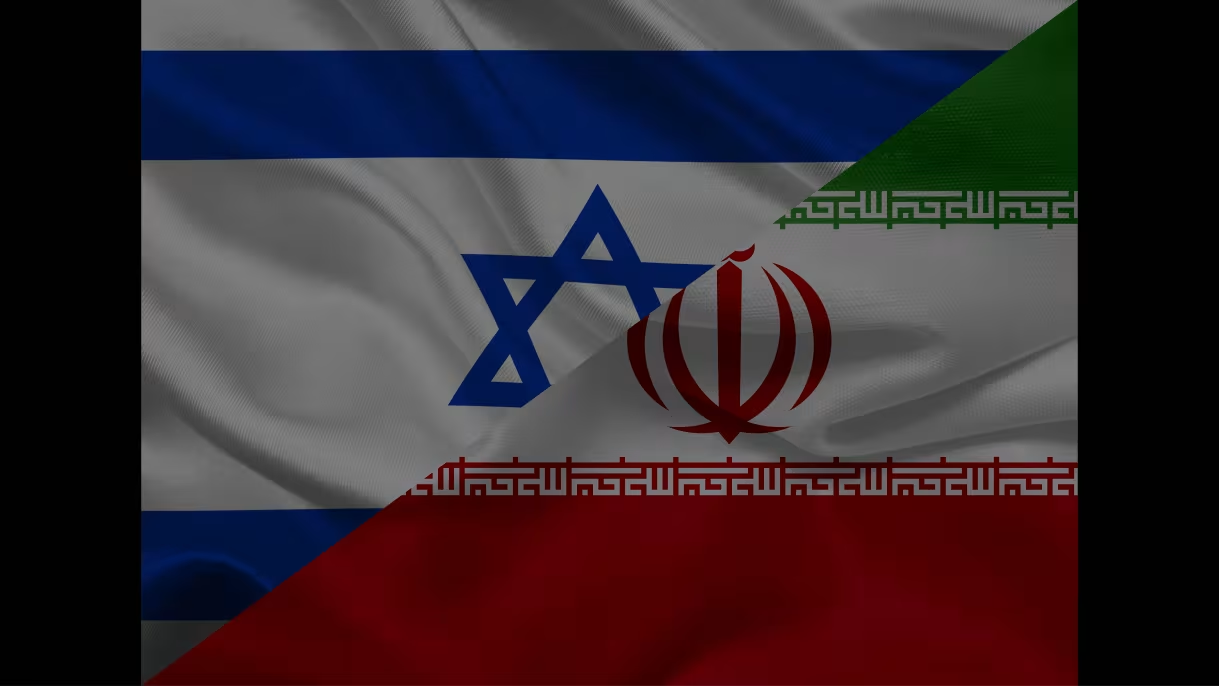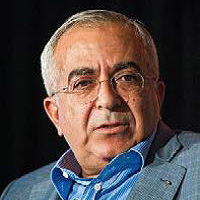

Princeton SPIA Experts Provide Insight on Escalating Israel-Iran Conflict
Princeton Scholars Analyze the Implications for Regional Stability, Nuclear Risk, and Global Security
PRINCETON, NJ - As the conflict between Israel and Iran intensifies, faculty at the Princeton School of Public and International Affairs (Princeton SPIA) are offering timely, expert commentary to help the public and policymakers make sense of the rapidly evolving situation. Drawing on deep expertise in Middle East politics, international security, and nuclear nonproliferation, Princeton SPIA scholars provide essential context on what is at stake for the region and the world. Below are selected quotes offering analysis and perspective on the unfolding crisis.
 Salam Fayyad, Visiting Senior Scholar and Daniella Lipper Coules '95 Distinguished Visitor in Foreign Affairs
Salam Fayyad, Visiting Senior Scholar and Daniella Lipper Coules '95 Distinguished Visitor in Foreign Affairs
“The Iran-Israel conflict has known origins, but how the ongoing war will end is far from certain. Ending Iran’s nuclear warfare capabilities has been the war’s declared objective, but regime change has also been teased by Netanyahu. Even if the United States were to join in, it is doubtful that air strikes can achieve more than a delay in the development of Iran’s nuclear program. It is perhaps even more doubtful that the war can bring about a regime change, much less an agreeable one, in Iran anytime soon.”
 Amaney A. Jamal, Dean, Princeton SPIA; Edwards S. Sanford Professor of Politics, and Professor of Politics and International Affairs
Amaney A. Jamal, Dean, Princeton SPIA; Edwards S. Sanford Professor of Politics, and Professor of Politics and International Affairs
“President Donald Trump promised a negotiated deal and not war. The region has witnessed enough destruction over the past several years. It’s time for diplomatic leadership and an end to hostilities. There’s an alternate path to this senseless destruction on the table, one that sees peace, normalization, and prosperity for all Middle Eastern countries, including Israel, Iran, the Palestinians, and all regional states. Diplomacy and negotiations are needed now more than ever.”
 Amb. Daniel C. Kurtzer, S. Daniel Abraham Professor of Middle East Policy Studies
Amb. Daniel C. Kurtzer, S. Daniel Abraham Professor of Middle East Policy Studies
“Israel’s aerial bombardment of Iran has already achieved significant military successes, including debilitating strikes against nuclear sites and decapitation of senior military officers and nuclear scientists. However, Fordow, a heavily fortified, underground enrichment facility, remains intact, and thus Iran’s military nuclear program could be reconstituted quickly.
“President Trump has cheered Israel’s military successes and issued warnings to Iranians to get out of harm’s way. And, he has demanded that Iran return to negotiations and accept the deal that’s on the table, emphasizing that Iran cannot have nuclear weapons. Trump’s base fears that he may be contemplating military intervention, which in their view, would jeopardize his 'America First' agenda.
“Diplomacy, therefore, is the best pathway to de-escalation. Iran will need to swallow a bitter pill of a destroyed nuclear program — including no enrichment on Iranian soil. It will also have to accept the reality that Israel and many in the West will not allow that program to be reconstituted. But accepting this outcome might be the Iranian regime’s only choice if it seeks to survive this war.”
 Udi Ofer, John L. Weinberg Visiting Professor and Lecturer of Public and International Affairs
Udi Ofer, John L. Weinberg Visiting Professor and Lecturer of Public and International Affairs
“The central question is how best to advance security, democracy, and freedom in the Middle East. Military escalation alone cannot deliver lasting peace or genuine respect for the rule of law and human rights. The international community must therefore prioritize diplomatic de-escalation that protects civilians on all sides, while investing in long-term strategies that strengthen democratic institutions committed to the rule of law and respect for human rights. A sustainable future for the Middle East depends on principled engagement, not just military might. Such engagement will support building strong democratic institutions and long-term peace.”
 Kenneth Roth, Charles and Marie Robertson Visiting Professor and Visiting Lecturer
Kenneth Roth, Charles and Marie Robertson Visiting Professor and Visiting Lecturer
“Israel’s attack on Iran was wholly unnecessary. Iran had increased its uranium enrichment but was not on the verge of having a bomb. The least risky approach would have been to proceed with Trump’s negotiations, but Israel’s bombing has sabotaged that. And Iran would not have enhanced its enrichment had Netanyahu not encouraged Trump to rip up Obama’s nuclear deal. Netanyahu tends to see a military solution to every problem, but he has now greatly increased the risks to Iranian and Israeli civilians and made it more likely that Iran will feel compelled to move toward a bomb.”
 Jacob N. Shapiro, Professor of Politics and International Affairs
Jacob N. Shapiro, Professor of Politics and International Affairs
“An under-reported aspect of this conflict is the potential long-run consequences for U.S. diplomacy. The U.S. and Iran were negotiating when Israel struck, and some Israeli media report that the meeting scheduled for last weekend was a ruse to enable Thursday’s surprise attack. Whatever the truth of the matter, future U.S. diplomats will face challenges in convincing adversaries to trust our outreach, and those opposed to engaging the U.S. will surely use this war to argue the U.S. cannot be trusted.”
 Frank N. von Hippel, Professor of Public and International Affairs, Emeritus
Frank N. von Hippel, Professor of Public and International Affairs, Emeritus
“I am concerned this will drive Iran over the edge to acquire nuclear weapons. Iran has been content with the deterrence that comes from being a threshold nuclear power. Now, Iran is under all-out attack by a nuclear-armed Israel, backed up by the United States. Iran has sufficient highly enriched uranium (HEU) to make several nuclear weapons. I don’t see a way to assure destruction of that material without the invasion and occupation of Iran.”
###

